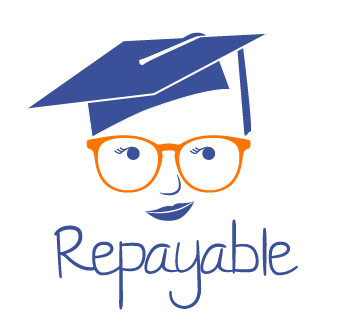Ask Jeni is brought to you in partnership with tuition.io, a company dedicated to helping the best companies free their employees from student loan debt.
I have $245,000 in federal student loans with an interest rate of about 7% and I’ve been repaying under the income-based repayment plan. I’ve recently had a salary bump to $175,000 and expect to get a $100,000 bonus this year. If I keep this income I could pay off my loans in about three years and it seems like refinancing would make a lot of sense. But I’m worried my income might change. Should I stay on IBR and put away all the money I make until I have enough to pay off the whole loan? That way, if I lose my job, I haven’t spent all that money on loans, and could just wait out the IBR term?
This is a great question! Here’s my understanding of your situation: In the past you previously made an lower income that necessitated and income driven repayment plan. That’s the plan you’re making payments under right now. Now, your income has greatly increased and you can afford to repay your student loans more aggressively. You also expect to receive a large bonus this year. You have some uncertainty about the stability of this job and how long you will continue to make this income, and worry you may return to a lower income in the future. So wonder if refinancing is a good option or if you should hedge your bets and let the interest accumulate in case you end up wanting income driven loan forgiveness in 2032-2037.
From your description, you’re making too much money to consider an income-driven repayment plan a smart option. The interest that accrues by making minimal payments is a waste of money at this point. Your income-driven payment is going to increase in response to your higher income and I think it puts more control in your hands if you bet on having a future with higher income.
You have a few options. You can switch to a more aggressive federal repayment plan, you can consider refinancing, or you can do nothing.
I’m not sure what the status of your savings account is. Before aggressively repaying your student loans you will need to have at least three months of expenses saved up, if your job seems unstable I would make that six months. If you don’t have that emergency fund yet, savings should be your first use of your extra monthly income.
Regardless of whether you stick with your income-driven repayment plan or choose a more aggressive federal repayment plan, I suggest you start paying a higher monthly payment right now. Don’t “save up” your extra money to make one big payment, use your extra monthly income right now to pay down your student loans bit by bit. Interest accumulates constantly and on $245,000 it’s a lot of interest. Saving up money for one big payment costs you a lot of money with no financial benefit. It only makes it more difficult to pay off your debt in the future.
When it comes to refinancing, I would be cautious. The fact that you’re concerned about your income being unpredictable leads me to think refinancing isn’t a great choice for you right now. The interest is going to keep killing you but you will be in a much tougher spot if your refinance and your income gets reduced significantly.
If you have separate loans and haven’t consolidated, one option is to consider refinancing only a set dollar amount of your student loans that you can comfortably afford to repay within the next year or so. Refinancing companies buy your loans from your current servicer and you can pick and choose which loans to refinance.
For example if you have a $15K loan and a $12K loan with the highest interest rate and then a ton of other loans you could consider refinancing only those two loans for a total of $27,000 refinanced. You can keep repeating this as you pay them off while you have high-income employment. This option is sort of a compromise between getting slammed with the high federal interest rate and the safety federal loans provide.


Recent Comments